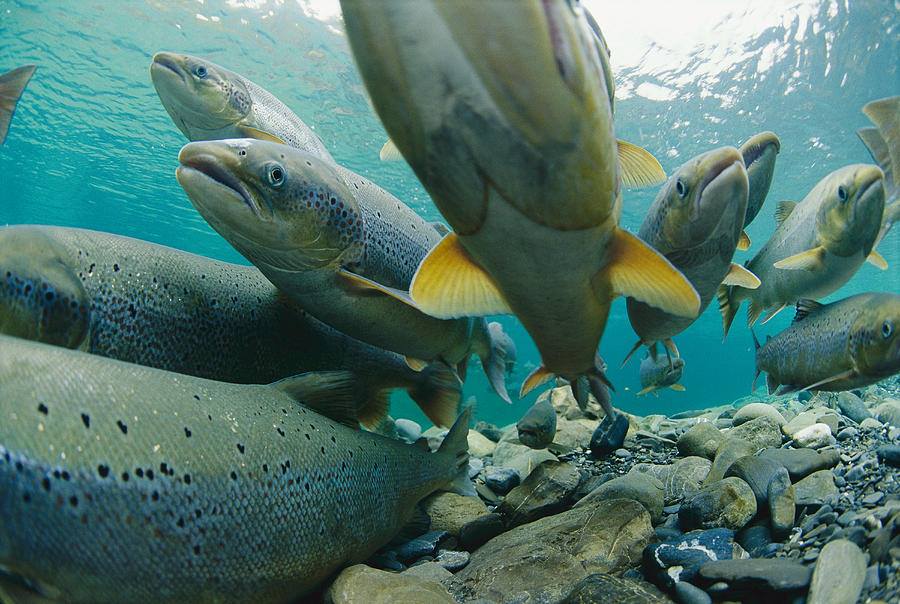News

Dual tagged Atlantic Salmon in commercial sea-cage: Insight into physiology and behaviour during winter conditions
In Atlantic Canada, the health and welfare of Atlantic Salmon (Salmo salar) in sea-cages face increasing challenges, particularly during the winter months when water temperatures plummet. Recent research highlights how cold conditions, compounded by climate change-induced temperature variability, pose significant threats to salmon survival.
Dual tagging fish with physio and TD loggers
The study, conducted over two consecutive years in commercial sea-cages in Newfoundland by researchers from Memorial University of Newfoundland, Cooke Aquaculture, and Carleton University, provides valuable insights into the behaviour and physiology of salmon during winter. Researchers employed externally attached tags DST milli-TD and surgically implanted tags: DST milli-HRT ACT in the fish, which recorded critical parameters such as depth, temperature, heart rate, and 3D acceleration (swimming activity). These tags offered a window into the environmental and biological conditions faced by salmon during the coldest months.
Heart rate measured down to 1.1°C
The heart rate of salmon decreased progressively with falling temperatures, indicating metabolic adjustments to conserve energy during colder periods. Water temperatures steadily declined from 8-10°C in late October/early November and heart rate about 50bpm to a weekly average low of 1.10°C in early March with heart rate in the range of 20-25bpm. Temperatures remained below 5°C for approximately five months and dipped below 2°C for around 1.5 months. Despite temperature homogeneity with depth, salmon largely occupied the upper 5 meters of the cages. During the coldest months, vertical migrations to deeper depths were observed, particularly at night, suggesting a response to environmental or physiological factors.
Implications for Industry Sustainability
The authors highlight that continued collection and analysis of data from sea-cage environments during winter will help the aquaculture industry in Atlantic Canada to develop strategies to mitigate the impacts of prolonged cold stress on salmon health and welfare. Furthermore, it can help the industry to create technologies and husbandry practices that reduce winter mortality.
The paper was recently published in Aquaculture, and can be found here